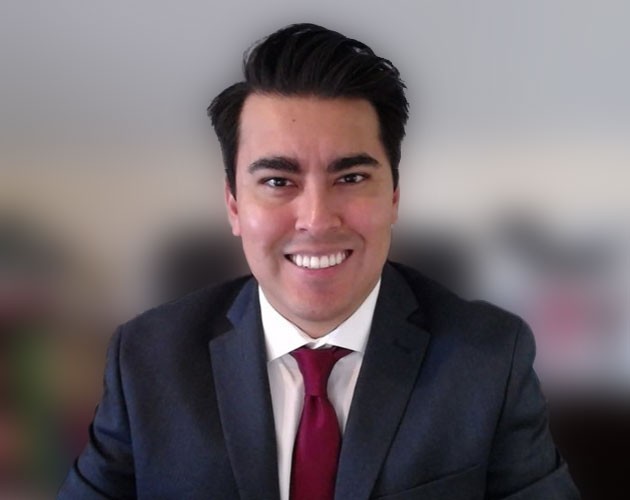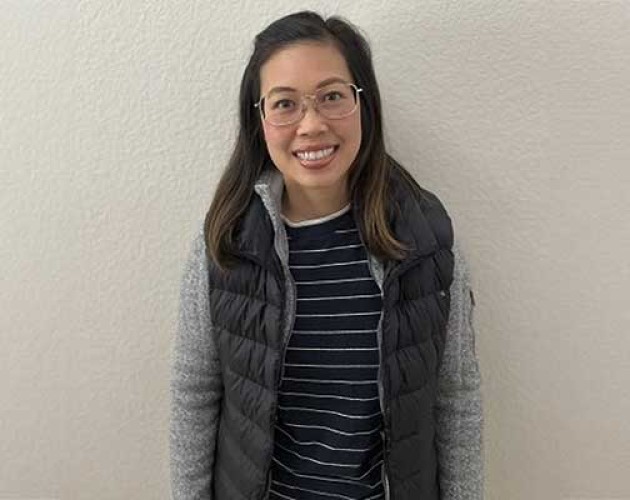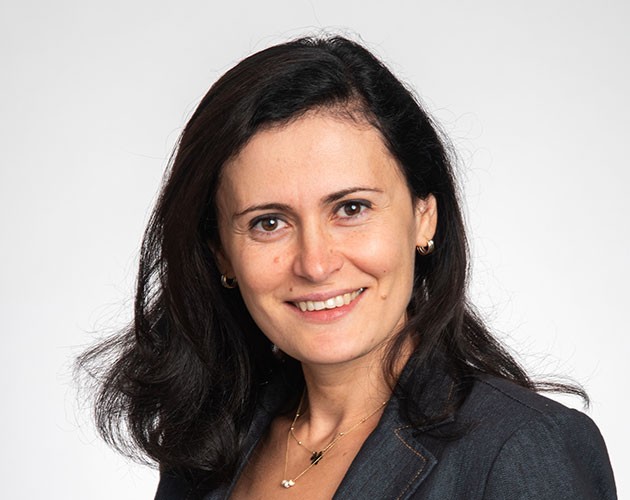Making Positive Strides Toward Becoming a CLS

Amber Brewster believes in whole-body health. An adventurous spirit, Amber enjoys all things outdoors: mountain biking, hiking, backpacking, stand-up paddling and snowboarding. She infuses others with this same passion as a certified pilates and yoga instructor.
In fact, this passion for health was nurtured during her undergraduate years at California Polytechnic State University–San Luis Obispo, where she went on to earn a bachelor of science in kinesiology and a minor in biology and sports nutrition.
Her passion for health spurred a 14-year career as a clinical laboratory assistant and certified phlebotomist. “I found that providing health care to my community was something that gave me a greater sense of purpose,” she says of her career path.
And this purpose propelled her into wanting to advance her career. Knowing that it’s never too late to pursue continuing education to do just that, Amber began her journey with us in the Clinical Laboratory Scientist Preparatory Program.
“I was looking for a program that would allow me to continue working while taking the prerequisite courses to apply to a clinical laboratory scientist program,” Amber explains. “I chose UC Berkeley Extension because they provided the courses in an asynchronous format that allowed me the time to schedule work and coursework according to my availability. I knew that completing this program would demonstrate my initiative and dedication to the field.”
As this program offers the required and elective coursework to make students become more competitive applicants to CLS training programs, Amber was able to pick and choose those classes that, in the end, helped her become accepted into the Clinical Laboratory Scientist Training Program at San José State University. Her course menu included:
Quantitative Analysis: Applications in Clinical Chemistry
I knew that completing this program would demonstrate my initiative and dedication to the field.
You took all of the courses online. What was your experience?
I enjoyed taking the classes at my own pace, giving me more time to spend with the intricate details of the more difficult material within each course. The instructor feedback helped stimulate my learning by addressing questions via email and responding to questions about homework or quizzes through the Canvas portal.
The online courses require genuine commitment. Compared to an in-person course that requires you to show up for classes that are scheduled in advance, the online course allows you the freedom to define your own schedule, such as viewing lectures at any time of the day that suits your specific needs. The online class format requires diligence and dedication to self-directed learning in order to complete the asynchronous course within six months.
The courses in the program prepared me well for my CLS program.
I chose to take one class at a time to fully engage with the material, setting myself up for success when I eventually got into an intense, one-year CLS internship program.
What advice would you give to a student who is starting our program?
Schedule enough time to complete each course within three to four months, allowing additional wiggle room for extra study time if needed. Because I worked while studying, I chose to take one class at a time to fully engage with the material, setting myself up for success when I eventually got into an intense, one-year CLS internship program. This method allowed me to learn one subject at a time to encourage better retention of the material.
Congrats on being accepted into the San José State CLS program! Tell me about this next step in your career path.
Thank you! Once I was accepted into that CLS program, I was connected with an affiliate hospital near my home.
As a CLS trainee, I rotated through each department—Hematology/Urinalysis/Body Fluids, Chemistry, Immunology, Microbiology and Blood Bank/Transfusion Services—and spent a year completing the internship.
A typical day as a CLS intern involves reading procedure manuals while taking the time to understand how the instruments function and practicing the different analytical testing methods—essentially, learning the importance of quality control for providing accurate patient results. The on-the-job experience allows you to learn policies and procedures that are integral for supporting health care by accurately analyzing patient samples.
Where can we find you in the next five years?
I plan to develop a positive professional identity as a clinical laboratory scientist and to become a mentor and educator in the field of lab medicine. I want to play an integral part in filling in the gaps that I have experienced throughout my training by role-modeling a positive work ethic, comradery and team effort that is so necessary in the clinical lab.
I want to share the excitement and enjoyment that I have found when helping physicians help their patients.


